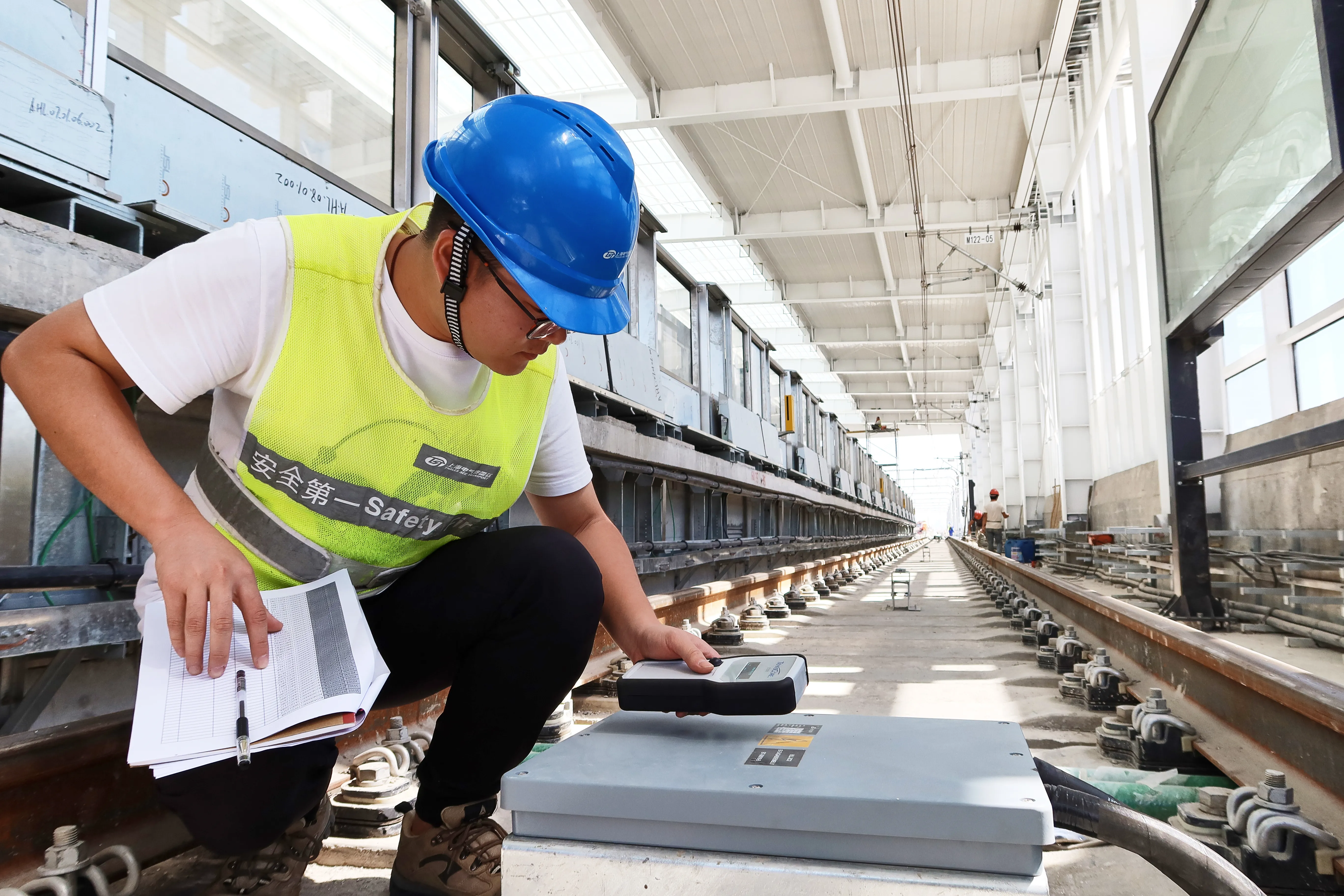Developing partnerships with the private sector to help improve Brazil's urban mobility is crucial, presidential candidate Aécio Neves said recently during a televised debate.
He stressed the importance of choosing the appropriate type of public transport to achieve the best results in each city, citing the availability of a wide range of viable options, including subway, monorail, bus rapid transit (BRT), light rail transit (LRT) and waterway systems.
"Rail transport may be a viable option for a city like São Paulo, Brazil's largest and most affluent city, but not for other regions in the country." Neves said, criticising the current administration's slowness in forming partnerships and developing urban mobility projects.
The country's regulatory framework for the rail sector has not even been approved yet, he added.
President Dilma Rousseff responded by highlighting the federal government's partnership with Minas Gerais state to carry out a metro project in state capital Belo Horizonte. Brazil currently has nine subway systems in state capitals, as well as metropolitan trains, monorails, LRTs and a total of 189 BRTs, Rousseff said.
Brazil presidential candidate pushes for urban mobility PPPs
Developing partnerships with the private sector to help improve Brazil's urban mobility is crucial, presidential candidate Aécio Neves said recently during a televised debate. He stressed the importance of choosing the appropriate type of public transport to achieve the best results in each city, citing the availability of a wide range of viable options, including subway, monorail, bus rapid transit (BRT), light rail transit (LRT) and waterway systems.
September 4, 2014
Read time: 2 mins









